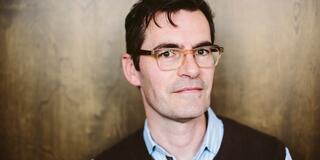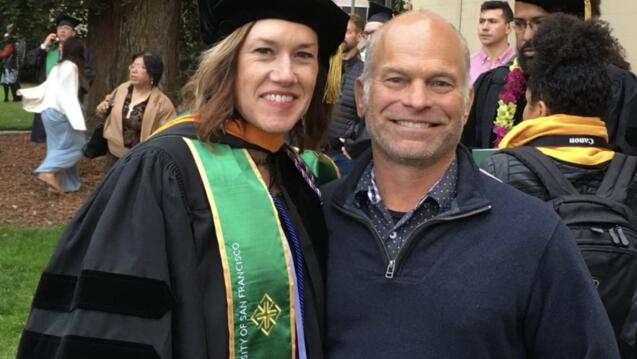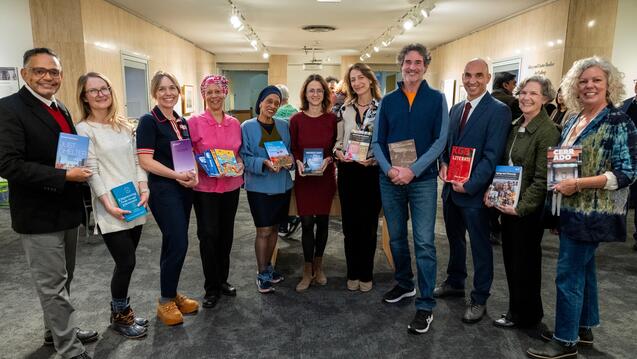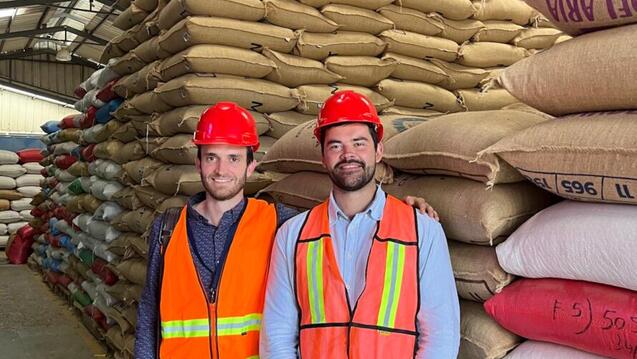Engineering the Moon Landing

With the 50th anniversary of the moon landing this month, Professor Brandon Brown tells the story of the engineers who built the first moon-bound spacecraft. His book, The Apollo Chronicles, takes a new approach to the moon landing story, focusing on the engineers instead of the astronauts. Professor Brown and the physics department’s faculty will contribute courses to the new engineering program at USF.
Your father was an Apollo engineer. Did you have any interest in becoming an astronaut?
No interest. Being an astronaut was scary to me. I grew up thinking I would be a basketball player. I grew up in the shadow of the Johnson Space Center, but I just played basketball.
I wrote this book in part to get to know my father better. When I first pitched the idea to him, he was really negative. He didn’t think anyone wanted to know about “that old stuff.” But there wasn’t anything written about the engineers; it was all about the astronauts. I got a lot of interviews because of his connections.
Now he’s really happy about it, and he’s really proud of it.
Taking humans to the moon and back feels like a miracle — has the engineering changed?
I’m very nervous about it today. There was such an obsessive level of attention to detail in the Apollo program. And I’m not sure that level is easy to duplicate. In some ways, however, there has been shockingly little change in the engineering. NASA’s newer rocket is using engines that are closely based on the more advanced engines of the Apollo program.
What can Apollo teach students today?
One important thing to learn about Apollo involves its leadership style. They insisted on a "dirty hands" management approach. The top people at any center were actual engineers who could literally roll up their sleeves and work on a problem with a wrench. All the engineers talk about the technical chops of their leaders and the lack of bureaucracy in early Apollo. There's a critical lesson in there, I think.
Physicist or storyteller?
I ultimately see myself as a storyteller. And to whatever extent I’m a good teacher, it’s with that in mind. Why is anyone listening to this next physics presentation? It’s a story.
Do we need more human stories of science?
I’m an advocate of that. My fascination is where the scientist meets the science or the engineer meets the engineering.
What’s our next step in space?
I really think we’re going to see missions to the moon again. And I’m shocked, after we waited this long. Is it possible that humans bubble up this sort of exploration when there is uncertainty at home, on Earth?
What’s next for you?
I’m teaching lectures and laboratories for Concepts in Physics aimed at Architecture and Community Design students this fall. I’m also reading and preparing for spring sabbatical as the writer in residence at the Kavli Institute for Theoretical Physics in Santa Barbara. It will be a very human-focused project, possibly related to string theory.


